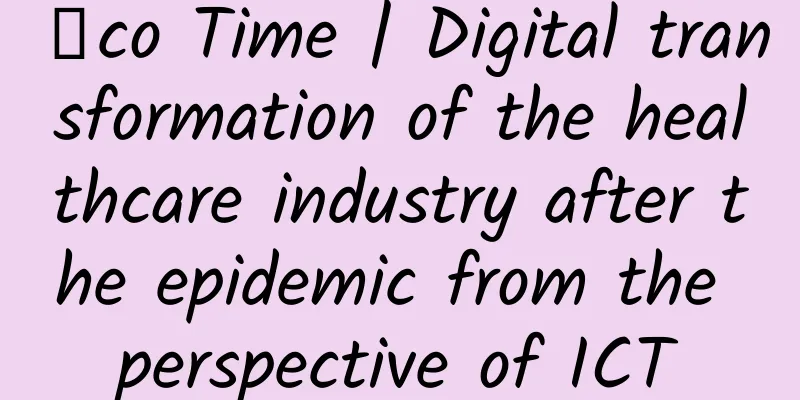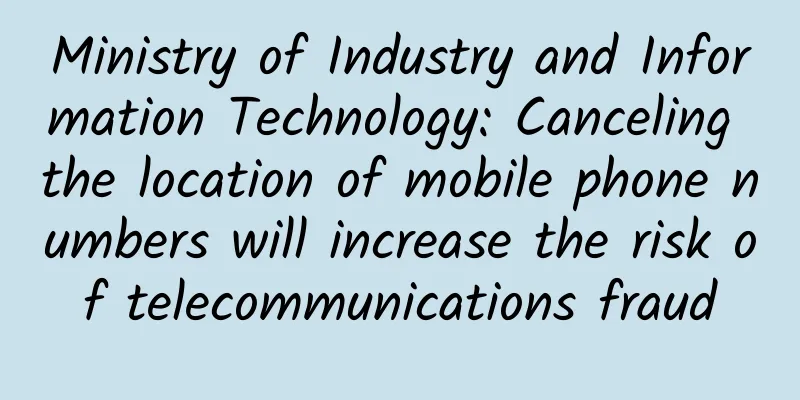5 ways 5G will change the world

|
As communications technology goes, the switch from 3G to 4G was pretty smooth. In fact, my phone still reverts to 3G mode from time to time. So, what’s the big deal about 5G? Is it going to make us ecstatic or terribly disappointed? From what I’ve seen, the answer is ecstatic, and very much so!
I’ve heard 5G explained in many ways, and my favorite is this: moving from 4G to 5G is like moving from typewriters to computers. 5G has the potential to revolutionize a wide range of industries, from manufacturing to gaming and entertainment, and I dare say we can say goodbye to the Internet of Things (IoT) without the development of ultra-fast, stable 5G technology. There’s just too much data and too many related “things” for current networks to handle. Still, the fact that the new 5G networks will be able to handle billions of IoT devices isn’t the most exciting part of 5G technology. Its ability to process and manage all that data simultaneously promises to create new opportunities in virtual reality, augmented reality, and perhaps even layers of reality that haven’t been created yet. I expect we’ll soon see some major advances in the following areas: Autopilot (and flying) Could 5G eventually be the technology that pushes self-driving cars and drones into the public realm? I think it could be. In fact, some have called 5G the “oxygen” of self-driving cars. Because of its speed and real-time computing capabilities, it will be able to connect to other vehicles, people, buildings, and streetlights in ways that 4G doesn’t allow. This could lead to better, smarter, and safer cars that can instantly reroute, assess arrival times, avoid accidents, and keep our streets safe. Of course, much of this relies on the concept of smarter, more connected cities built using the Internet of Things. Of course, 5G will be one of the foundations. Remote robotic surgery Robotic surgery itself is not new. DaVinci robots have been performing surgery for several years — usually in a nearby room in the same hospital or medical office. But 5G could allow doctors to perform surgeries from hundreds of kilometers away because it is so reliable that surgeons know there will be no unexpected glitches or downtime during the procedure. This could revolutionize healthcare for people living in more remote areas of our country and the world. Smart Factory Clearly, we’ve been revolutionizing factories for some time. But with 5G technology—which is 100 times faster than 4G and 10 times faster than broadband—we can create new factory models ourselves. For example, Qualcomm is working with Honeywell, GE, and Ericsson on the “5G Innovator Program” to create a new “blueprint” for the factory of the future. Similarly, 5G allows for the creation of the unknown, not just current process improvements. Immersive Gaming and Augmented Reality Outside of the business world, I think the gaming community has more to celebrate than anywhere else with the launch of 5G. Because of its speed, 5G will allow for the development of truly immersive, real-time games – without the technical glitches and lags that can plague online gaming and esports. By 2020, 5G aims to reduce latency to a millisecond – virtually instantaneous. It will also allow for the development of more and better augmented reality games, further blurring the line between real and artificial experiences, for example, unlike Pokémon that appear in various places in the real world, they will be able to move and interact with their environment in real time. supply chain management Given the huge impact that the Internet of Things will have in the industrial sector, the entire supply chain will benefit from 5G and its ability to connect and communicate between a wide range of different connected products. This will provide customers with greater efficiency, higher quality, and even greater transparency, achieving all the goals of digital transformation. In many ways, 5G is our way of catching up with the technology we created—making it do what we designed it to do; in other ways, it holds the potential for things we haven’t yet imagined. It’s one thing to make waves, it’s another to create entirely new oceans, and as far as I’m concerned, I’m excited to surf them. |
Recommend
A brief discussion on the application of Category 6 cabling system in smart buildings
With the continuous extension of network technolo...
Liu Liehong from the Ministry of Industry and Information Technology: Three suggestions to promote the development of 5G integrated applications
[[399809]] On May 17, at the "2021 World Tel...
Single-pair Ethernet standard means goodbye to batteries
If you’ve ever spent a Christmas morning with chi...
Basic concepts and development prospects of Bluetooth Mesh protocol
Each device node in the Mesh network can send and...
An article about NioEventLoopGroup source code analysis
[[408806]] This article is reprinted from the WeC...
What’s next after the first 5G standard is released?
On June 14, Beijing time, the International Mobil...
Faced with the policy requirement of "speeding up and reducing fees", why don't operators respond in this way?
As the Internet becomes more popular, the intelli...
Virtono: New data center in Romania, 25% discount on all VPS starting at 11.21 euros per year
I received an email from Virtono two days ago. Th...
Programmers need to understand CDN, this article should be enough
I recently learned about edge computing and found...
Essential for IoT experts: Network protocol stack LwIP (I)
need: In IoT devices, the TCP/IP network protocol...
Modbus protocol: the cornerstone of industrial communication
In the wave of modern industrial automation, real...
Alibaba Gumo: Decoding the evolution of Taobao's intelligent customer service architecture
[51CTO.com original article] The WOTD 2017 Global...
Opportunities and challenges of the 5G golden frequency band: Is the 700MHz industry chain ready?
Spectrum resources are the core resources for the...
Will 5G messaging cover hundreds of millions of users? It’s not easy to poach people from WeChat
Have you ever thought about how long it has been ...
Top 10 Web Trends: How to Stay Ahead in 2021
[[422976]] 【51CTO.com Quick Translation】 Due to t...









